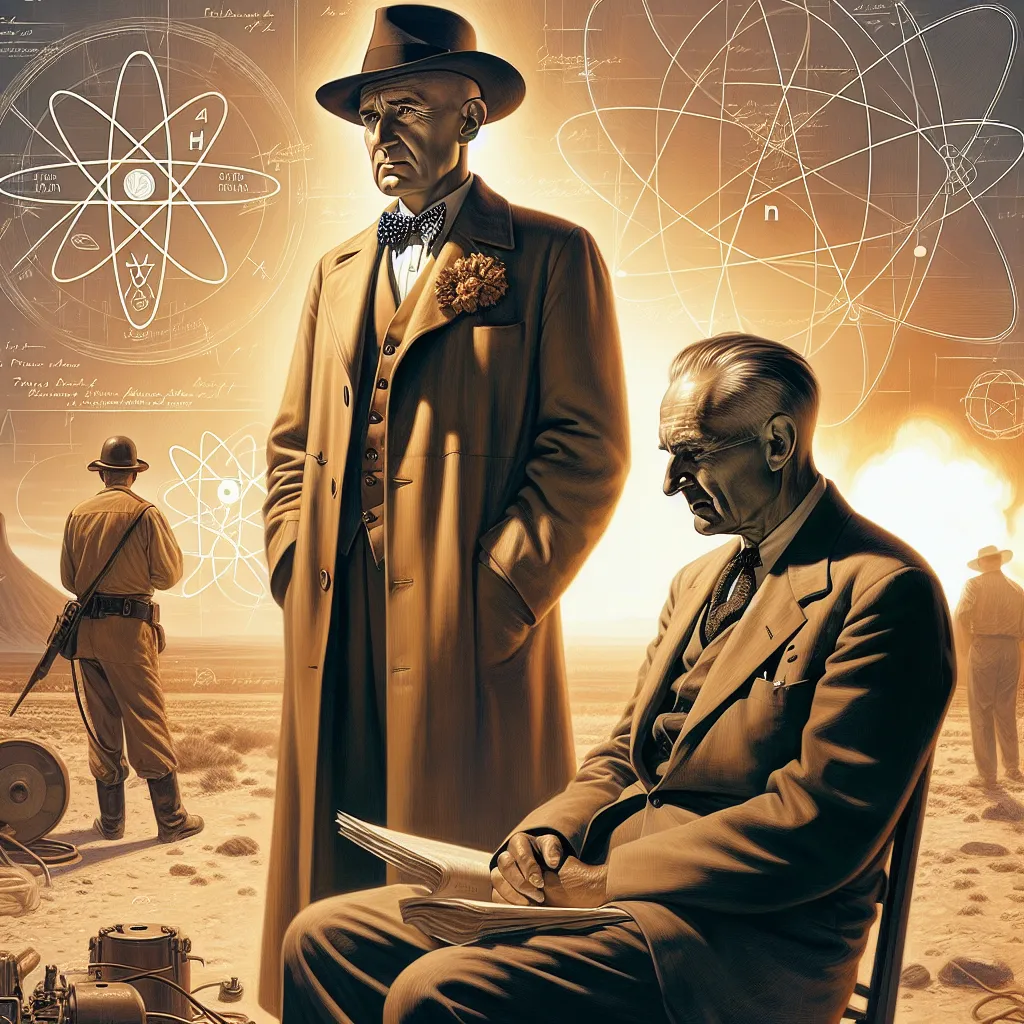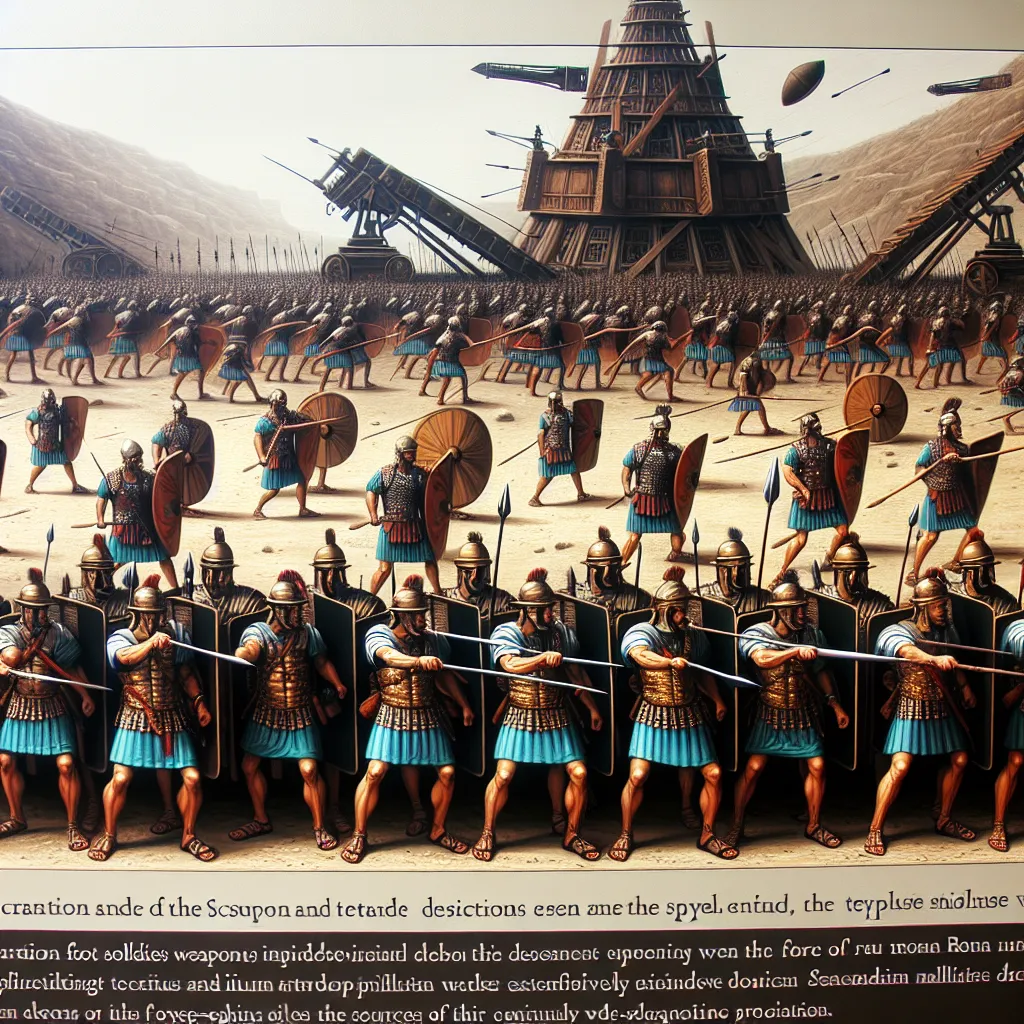Werner Heisenberg and Robert Oppenheimer stood on opposite sides of the atomic age, drawn into a race that would forever alter history. Their ambitions and intellects were ambitious—they weren’t just tinkering with toy models; they were cracking open the universe one atom at a time, peering into Pandora’s Box.
Heisenberg, a young German, grew up in a country devastated by World War I. His patriotism led him into the fascinating new realm of quantum physics. In 1933, he won the Nobel Prize for his work, but he was soon pressured by the Nazis to contribute to their terrifying agenda. Despite Heisenberg’s patriotic leanings, his loyalty to the Nazis remained dubious.
Across the Atlantic, Oppenheimer was a brilliant but restless college professor. Born into a wealthy Jewish family of German descent, his fascination with quantum mechanics and Heisenberg’s work drove him to the forefront of American scientific endeavors. The splitting of the atom was more than theoretical; it was the gateway to unimaginable power.
As the Nazis amassed uranium and began their work on nuclear fission, global tensions escalated. Oppenheimer, tasked by the U.S. government, spearheaded the Manhattan Project in the serene isolation of Los Alamos, New Mexico. Here, the race wasn’t just about an atomic chain reaction but about beating the clock, fearing that the Nazis, with Heisenberg’s expertise, might pull off the unthinkable first.
In the backdrop of a world at war, Heisenberg faced immense pressure from the Nazi regime. Meanwhile, Oppenheimer grappled with significant scientific challenges and moral dilemmas—but his vision of theoretical physics paved the way. His idea of using implosion to trigger a plutonium bomb became pivotal. As 1945 loomed, the stakes couldn’t be higher.
Germany’s war efforts crumbled, and Heisenberg, captured by the Allies, found himself detained and monitored. By the time he was confined in England, American scientists had not only caught up but were ready to test a bomb that could obliterate a city. The successful test in the New Mexico desert validated Oppenheimer’s relentless pursuit. The “Gadget,” a device born from theory and sweat, worked spectacularly, igniting a new, dangerous era.
When the first bomb was dropped on Hiroshima, followed by another on Nagasaki, the devastating force hammered the point home: the world had changed irrevocably. The Allied victory didn’t just close one chapter of conflict; it introduced the omnipresent threat of nuclear war.
After the war, Heisenberg returned to Germany, contributing to its scientific resurgence, claiming he had sabotaged his own efforts. Oppenheimer, albeit celebrated as the father of the atomic bomb, faced a different fate—he became a haunted figure, burdened by the catastrophic potential of his creations.
And so, their legacies split like atoms, forever shaped by their contributions to a world that now had to reckon with the dual-edged sword of nuclear power.






